-
Сообщений
1 219 -
Зарегистрирован
-
Посещение
Тип контента
Профили
Форумы
Галерея
- Изображения
- Комментарии к изображению
- Отзывы к изображениям
- Альбомы
- Комментарии альбома
- Отзывы на альбом
События
Имена
Фильмы
Киностудии
Блоги
Идеи
Весь контент Диотима с Безуминкой
-
Francis Ford Discombobulator
5/10
Author: janos451 from San Francisco
4 December 2007
*** This review may contain spoilers ***
When a godfather of American cinema returns from retirement after a decade, that's bound to be interesting, at least.
In case of Francis Ford Coppola's "Youth Without Youth," the event also turned out to be "interesting," in the sense of saying politely, "What the hell?!"
In the over-hyped and underwhelming "Golden Compass," characters are accompanied by their "demons" in animal form. Coppola goes that one better in "Youth" by having a friendly alter ego of the Professor tag along in the flesh and have conversations with himself (until one kills the other). However, personalities do not split during sequences that are projected upside-down. Why two characters, why upside-down scenes? These and other mysteries may or may not be explained during the film. In my case, no explanation was discerned; might well have been my fault.
The Professor (of linguistics) is played by Tim Roth. He is 70 at the beginning of this two-hour adventure in deep thought and annoying puzzles, but early on, he gets hit by lightning, and turns into 40. His teeth fall out, but he grows new ones. The place is Romania and the time is the 1930s. Old and young Professor is in love with Hitler's secretary, and the newly young man is treated for his lightning burns and understandable confusion by Hitler himself.
OK, this is not fair. "Youth" is confusing enough without fooling around with actors and characters, so let me give you the straight poop: the doctor is played by Bruno Ganz (Hitler in the magnificent "Downfall"), and the Woman is Alexandra Maria Lara, who was Traudl Junge in "Downfall," the young woman through whose eyes life in the bunker became revealed.
Ganz and Lara have been sensational in just about everything they have done. In "Youth," not so much. Whether speaking English or, in case of the Woman, Sanskrit, Urdu, or Before-History Language, there is a sense of Tiger-Lilly-subtitle disconnect in their performances.
What's with those languages? They are very important. The Professor wants to find the origin of human speech (starting in Romania, of course), and the Woman is de-evolving in a complying fashion. Why? How? To what end? Meaning what? Search me - I never went beyond a master's degree in philosophy, and my philological explorations terminated with Leonard Bernstein's facile, shallow, and entertaining exposition in the Norton Lectures.
Honestly, I am stalling here, because I just cannot think of anything to say except "interesting." Well, maybe "galling." Two hours of weirdness, looking for meaning, not having any, watching something so self-indulgent that it will make your teeth hurt - and you won't have new ones growing.
Let's hear it for Ganz's Doctor, however, with his quaint method of sterilization: after handling blood or before performing a procedure, he wipes his hands on his jacket. Consistently. Roth's character, in addition to the quest for the origin of language, he is also dealing with the meaning of time, of life, of meaning. Unlike Douglas Adams, who had provided the answer to life, universe, and everything (42), "Youth" will give you no clue whatsoever.
Most of the film was shot in Romania, almost in secret. There are Romanian locations, crew, and cast. The little country has a lot of talent: Romanians also act as Italian philologists, Indian sages, German scientists, what have you. Most of them and Roth do well. A surprise in the soundtrack: Coppola hired one of the most promising youngish composers in the world, Osvaldo Golijov (U.S. resident, born in Argentina, of a Romanian mother), who instead of providing one of his brilliantly original scores, came up with Mahler quotes and variations on them.
Coppola is writer, director, producer, financing the project by himself. Why did he make it? "Like the leading character, I was tortured and stumped by my inability to complete an important work. At 66, I was frustrated. I hadn't made a film in eight years. My businesses were thriving, but my creative life was unfulfilled."
And so to "Youth" - a vanity project, a pile of muddleheaded philosophizing without the restraint of investors, studio politics and demands, or of good sense. He wanted to learn "how to express time and dreams cinematically," Coppola has said. "Making a movie is like asking a question, and when you finish, the movie itself is the answer." For "Youth," the "answer" at the end of two hours is: "What was the question?
-
На работу ушло около четырех месяцев. Уэс Андерсон постоянно участвовал в процессе: просил изменить либо добавить тот или иной элемент. Для вдохновения использовались полотна Гольбейна (о нём я писала здесь и здесь), Аньоло Бронцино, Лукаса Кранаха Ст.. К премьере (на которую были приглашены семьи художника и модели),
http://la-gatta-ciara.livejournal.com/282555.html
Отель «Гранд Будапешт»: Климт, Прада, Милено Канонеро и другие.
http://thequietus.com/articles/14674-grand-budapest-hotel-review
It’s not meant to feel real, but instead familiar. It’s an accretion of influences, known from countless stories.
As far as Wes Anderson goes, one either gets him or one doesn't. I don't.
3/10
Author: rblenheim from Daytona Beach, Florida
25 February 2015
"The Grand Budapest Hotel", Wes Anderson's most successful film to date, is visually enthralling, every frame a veritable art museum painting (and not just on the level of "Boy with Apple"), cleverly utilizing glass-paintings and CGI-enhanced locations in Germany and Poland actually to the level of picture postcards. That may also be its problem. As interesting as the film would seem to be theoretically, it seems as hollow and superficial as a picture postcard. Its extraordinary cast members (which includes 11 previous Oscar nominees and 5 Oscar winners) posture themselves like mannequins throughout a fast-paced exercise that feels no deeper than an elaborate puppet show. Admittedly, I've had a long-term aversion to Anderson's 'style', so annoying in its contrived stance of false naiveté. While overwhelmed by the beauty in every sequence, I search in vain for the least empathy with a single character and any emotion beyond the superficial. Many swoon over this film, but its adoration to me makes more sense on a sociological level in sync with the Twitter and Instagram sound-bite age we live in. As I said to a good friend (who's a Wes Anderson fan) after we left the theater, "How could anyone spend so much money on such a marvelous cast and such gorgeous images and produce something so shallow and emotionless?" I'm still waiting for the answer.
http://nypost.com/2014/03/04/grand-budapest-hotel-is-a-triumph-of-the-twee/
A world that worked Anderson’s way would be delicious to contemplate, but this self-consciously zany film is a take on Central Europe in the 20th century. The thing that Anderson knows about WWI is that the Germans wore these funny mustaches. WWII? He finds the SS logo wacky.
http://www.ocregister.com/articles/hotel-605417-anderson-grand.html
That’s how I feel about Anderson’s pictures. They’re comical without actually being funny, inventive without being freely playful, momentous without being dramatic. The emotional oxygen that would ignite them gets smothered in self-conscious cleverness. They’re the art house equivalent of the glued-up mega-city in “The Lego Movie.”
-
by Rupert__Pupkin » Mon Jun 7 2010
From what I can tell, when Paddy Chayefsky wrote Network, he was trying really hard to convince America that he was smart. Whenever anyone spoke in this movie, it was a long diatribe delivered at auctioneer speed and littered with 5-syllable esoteric words. I have a Ph.D. from an accredited university and consider myself to be well-read and fairly intelligent, but there were several times in the movie where I had to rewind because I misunderstood a word. When I put the subtitles on, I realized that the word used was one I had never seen nor heard before. This happened again and again.
(So you knew right off the bat what words like "immane", "ecumenical", "multivariate", "minimax", "auspicatory" and other archaic or very technical terms specific to the world of mathematics or statistics meant?)
by denbeez » Mon Jun 7 2010
I'm pretty close to your age (45) and worked in television programming and promotion throughout the '90s. Many of those people (especially in executive positions, as seen in "Network") are pretty damned educated and articulate. I admit to breaking out my thesaurus a few times after a couple of meetings and reading some memos.
It could be argued that George Bernard Shaw, Eugene O'Neill, David Mamet, Tony Kushner, and pretty much every other playwrite who penned a work in English over the past century could have "simplified" their characters' dialogue to make it more "realistic." (Who rattles off quips and one-liners like the characters in a Neil Simon play?) But I would rather be challenged to RISE TO an author's expectations than require that he/she write so that "kids from 1 to 92" understand it. Robert Browning wrote, "A man's reach should exceed his grasp, or what's heaven for?"
by gnolti » Tue Jun 8 2010
Chayefsky's love of high-falutin' talk -- big diction, ricocheting cultural references, etc -- marks him as a native New Yorker of a certain type, often but not always Jewish, almost exclusively mid-20th century. Jules Feiffer, Woody Allen, and Norman Mailer were all like this. Of course, this manner of speaking probably masked personal insecurities but unless you're going to attack people for their insecurities, why attack them for how they choose to cope with them, especially if the result is entertaining? What's more, I've found New Yorkers in general to be pretty vain of how much trivia they carry around in their heads -- the result of living under a constant cultural barrage, and of the need to distinguish yourself from the millions of other culturally barraged people you share the city with.
Personally, I find Chayefsky's outrageous rhetoric as charming as David Mamet's outrageous vulgarity.


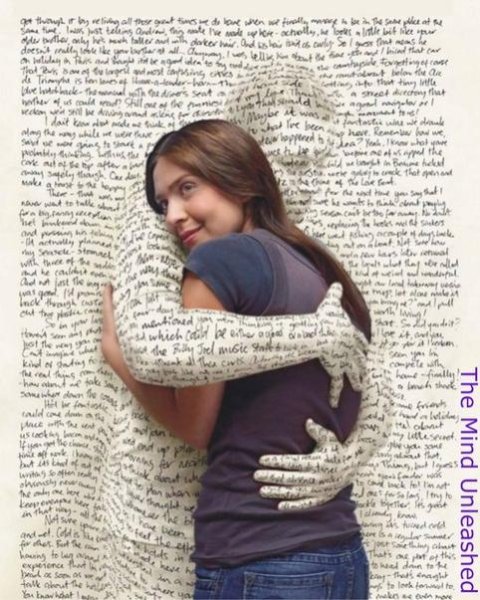
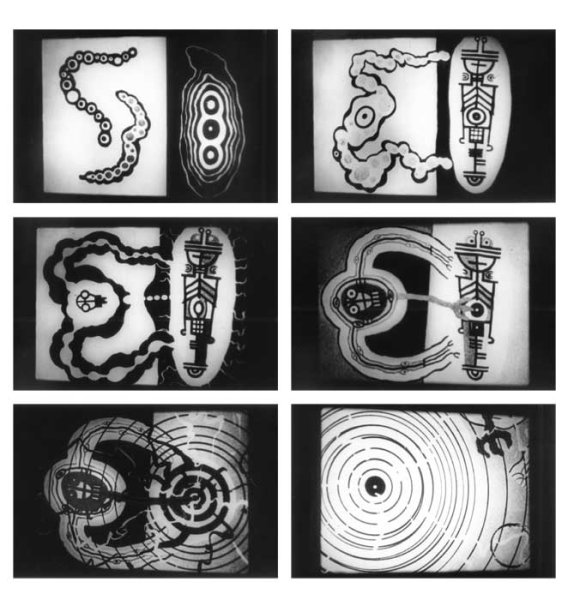
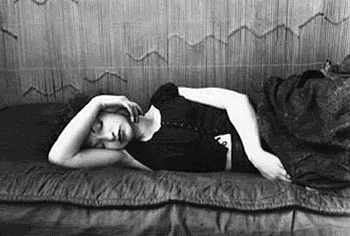
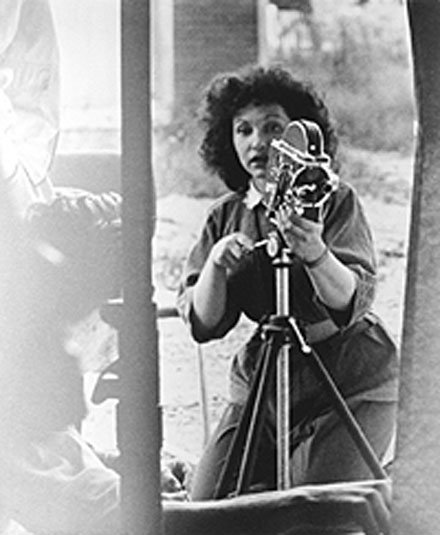
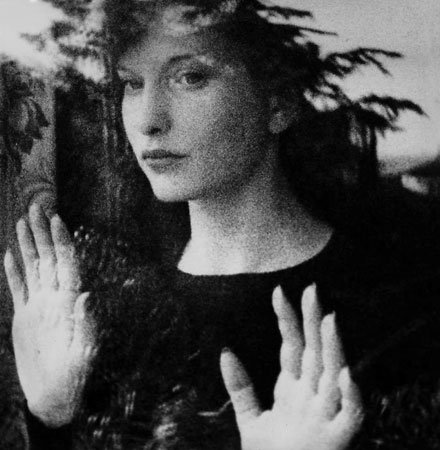
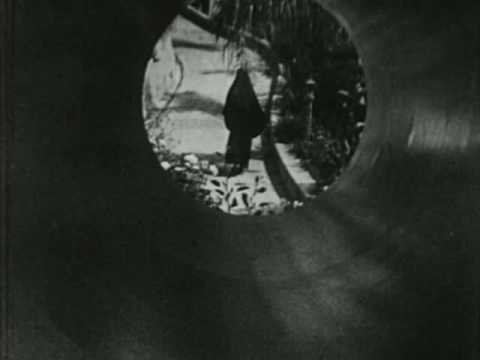
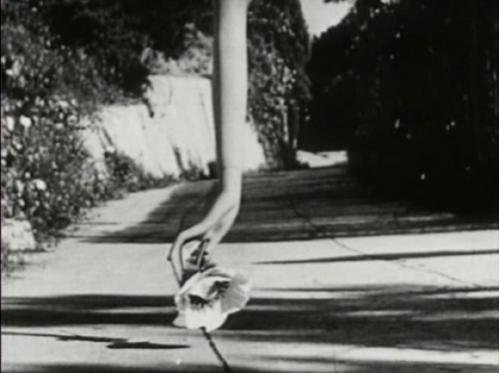

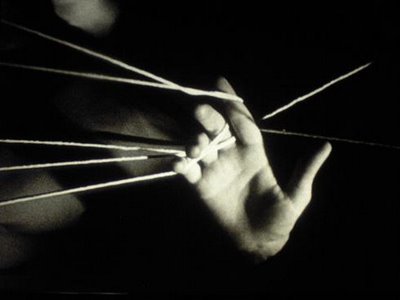
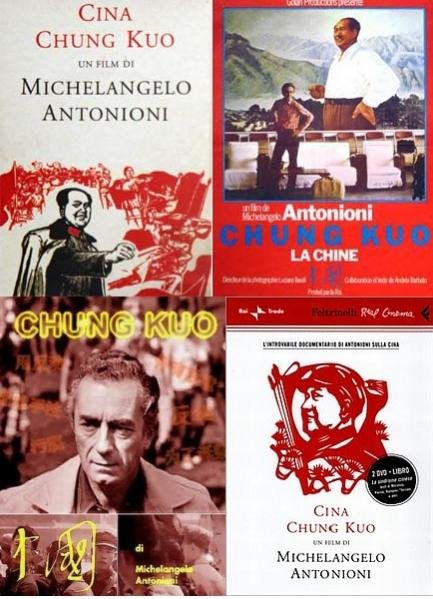
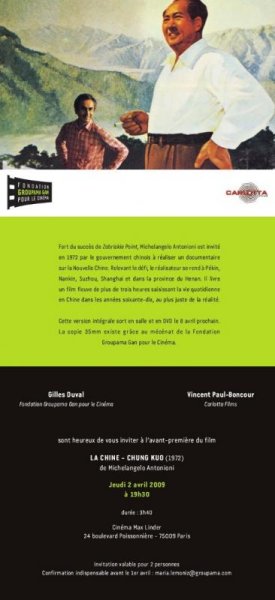

.jpg.a92f77937d2be1e78604e722d9661fd5.jpg)
.jpg.386a4967fd5bce70d6d4307ff53df536.jpg)
.jpg.9b7ed7e8327959c6576c526afa198d2e.jpg)
.jpg.d0e3d4481a9e6117799c7d5036b6b3fd.jpg)
.jpg.dc4aa5fb2e21d47230c83d24f3ade150.jpg)
.png.fa693ed19373c92e548af450ebd08d4d.png)
.jpg.b573b2c28e7749d4d78d5607902448eb.jpg)